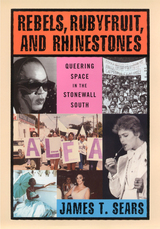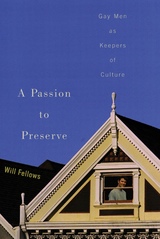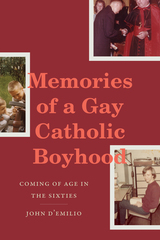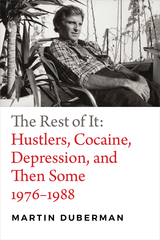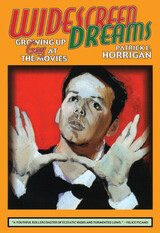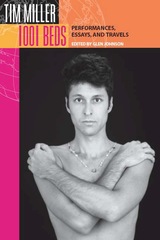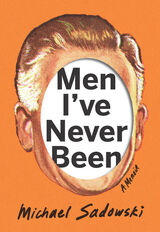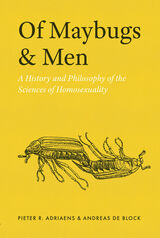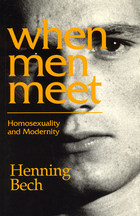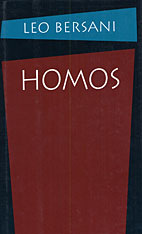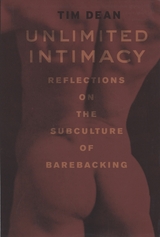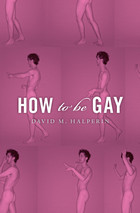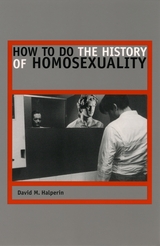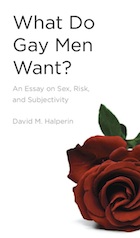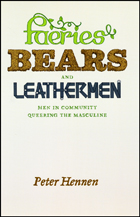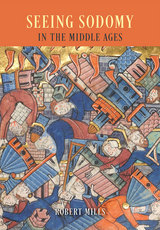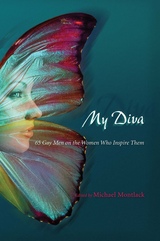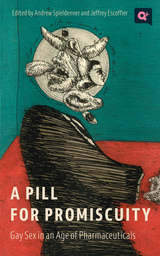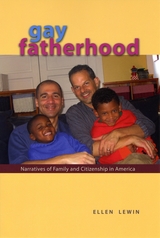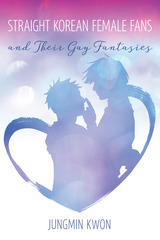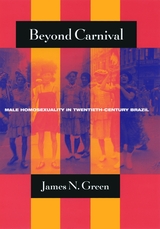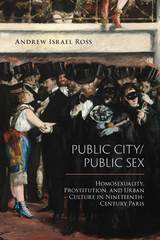When Men Meet: Homosexuality and Modernity
University of Chicago Press, 1997
Paper: 978-0-226-04022-6 | Cloth: 978-0-226-04021-9
Library of Congress Classification HQ76.B3913 1997
Dewey Decimal Classification 306.7662
Paper: 978-0-226-04022-6 | Cloth: 978-0-226-04021-9
Library of Congress Classification HQ76.B3913 1997
Dewey Decimal Classification 306.7662
ABOUT THIS BOOK | TOC
ABOUT THIS BOOK
For sociologist Henning Bech, the image of the male homosexual has become emblematic of the modern urban condition, in which freedom and mobility contend with transience and superficiality, in which possibility, energy, and engagement vie with uncertainty and restlessness. In this powerful and frankly provocative critique, Bech skillfully examines the distinctive relationship between urban modernism and the gay experience, exploring in compelling fashion its growing ramifications for the cultural mainstream.
Gay society has persevered, even flourished, in this highly charged urban environment, aestheticizing and sexualizing the spaces, both public and private, where men meet. With profound insight and honesty, Bech details this world, candidly reflecting on sex, friendship, love, and life as manifest in the homosexual form of existence. He convincingly demonstrates that, in the face of modern alienation, successful coping strategies developed by gay men are gradually being adopted by mainstream heterosexual society.
These adaptations are often masked by what Bech calls an "absent homosexuality, " in which sublimated themes of homosexuality and masculine love surface, only to be disavowed in expressions of social anxiety. This "absent homosexuality" acts as a kind of cultural filter, allowing key traits of gay life to be absorbed by the mainstream, while shielding heterosexual males from their own homophobic anxieties. Ultimately, Bech foresees, a postmodern convergence of hetero- and homosexual forms of exisce emergent from this urban landscape and, with it, a new masculine synthesis.
Certain to ignite immediate controversy, When Men Meet offers both a penetrating scholarly analysis of the modern homosexual condition and an unflinching cultural vision of the masculine in transition.
Gay society has persevered, even flourished, in this highly charged urban environment, aestheticizing and sexualizing the spaces, both public and private, where men meet. With profound insight and honesty, Bech details this world, candidly reflecting on sex, friendship, love, and life as manifest in the homosexual form of existence. He convincingly demonstrates that, in the face of modern alienation, successful coping strategies developed by gay men are gradually being adopted by mainstream heterosexual society.
These adaptations are often masked by what Bech calls an "absent homosexuality, " in which sublimated themes of homosexuality and masculine love surface, only to be disavowed in expressions of social anxiety. This "absent homosexuality" acts as a kind of cultural filter, allowing key traits of gay life to be absorbed by the mainstream, while shielding heterosexual males from their own homophobic anxieties. Ultimately, Bech foresees, a postmodern convergence of hetero- and homosexual forms of exisce emergent from this urban landscape and, with it, a new masculine synthesis.
Certain to ignite immediate controversy, When Men Meet offers both a penetrating scholarly analysis of the modern homosexual condition and an unflinching cultural vision of the masculine in transition.
See other books on: Gay men | Gay Studies | Homosexuality | Male homosexuality | Modernity
See other titles from University of Chicago Press

